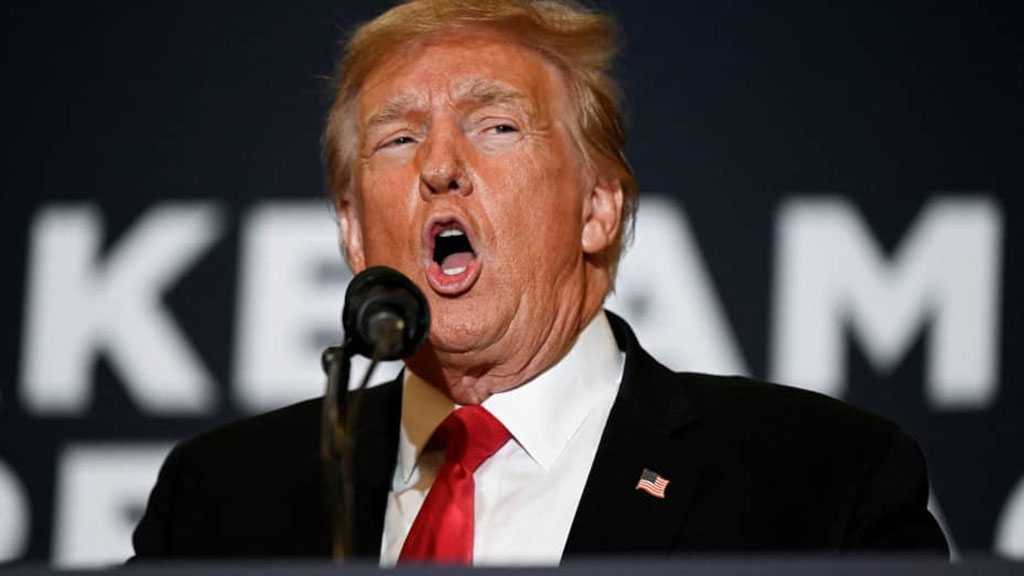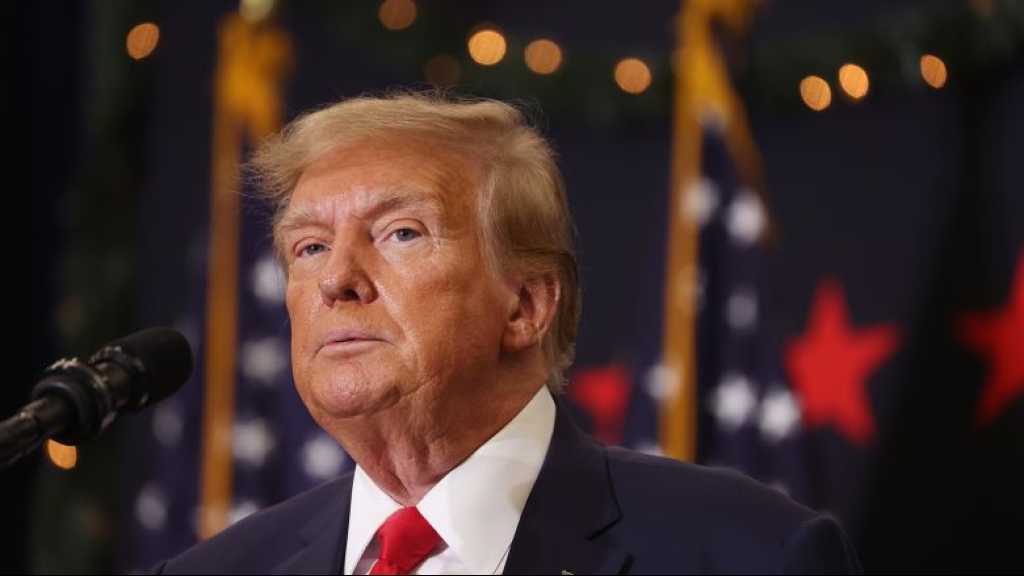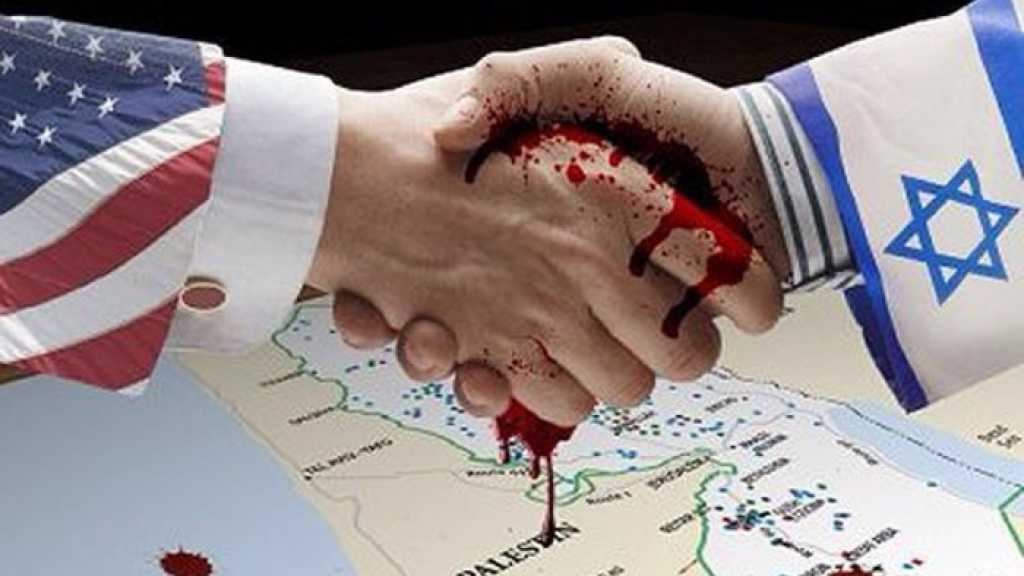
Saudi Arabia Exempted from Trump’s «Muslim Ban»
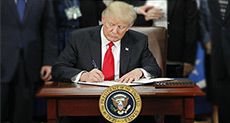
Local Editor
Saudi Arabia, one of the world's most prominent Muslim nations which has previously been associated with terrorism and religious extremism, is likely to escape censure from Donald Trump.
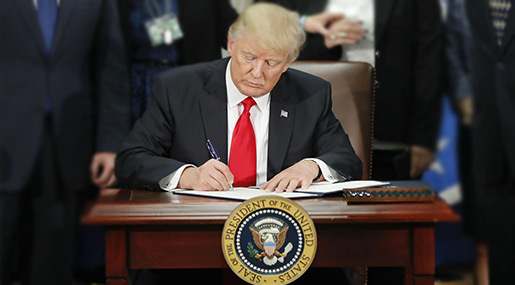
The US leader signed a draft executive order blocking refugee admissions from Syria, barring all refugees from the rest of the world for at least 120 days and suspending immigration from Syria and six other predominantly Muslim countries, Iran, Iraq, Libya, Somalia, Sudan and Yemen, for at least 30-days.
But the document failed to make mention Saudi Arabia, despite the Middle-Eastern country's associations with the largest terror attack on US soil.
Of the 19 hijackers involved in the 9/11 attacks on the World Trade Center in New York, 15 were Saudi Arabian citizens.
The independent American commission that investigated the attacks found no evidence that the Saudi regime or senior Saudi officials financed the terrorists.
But US diplomatic cables released by whistleblowing website, Wikileaks, revealed that private individuals in Saudi Arabia and other Gulf states friendly to the US are the chief source of funding for al-Qaeda, the Taliban and other terrorist groups.
Despite extensive efforts to limit the distribution of funds to extremists from the Middle East, the documents showed deep frustration in Washington with the level of co-operation from governments in the region.
"It has been an ongoing challenge to persuade Saudi officials to treat terrorist financing emanating from Saudi Arabia as a strategic priority," read a cable from Hillary Clinton, then US Secretary of State, dated December 30, 2009.
"Donors in Saudi Arabia constitute the most significant source of funding to Sunni terrorist groups worldwide," added the document.
Saudi officials also recently admitted to misleading the US on funding extremism, according to the Politico website.
Saudi Arabia is home to Wahhabism - the fundamentalist strand of Islam which has inspired many of the extremists the US is trying to defeat, including Daesh [Arabic acronym for "ISIS" / "ISIL"].
Despite Saudi Arabia's extremely religious nature, the Al Saud regime had not condemned Trump's remarks about Muslims.
Indeed, the new US President's ascendancy had been welcomed by the Gulf States, who share his deep opposition to Iran, their geopolitical rivals.
"We are very optimistic about the Trump Administration," Saudi Arabia's Foreign Minister Adel al-Jubeir told al-Arabiya after Trump's inauguration.
"The positions that President Trump has articulated are ones that we are completely in accordance with," Jubeir said. "Restoring America's presence in the world is something we - and all of the American - welcome because the lack of an American engagement leads to a vacuum."
Barack Obama's relationship with Saudi Arabia was somewhat cooler than previous presidents. While his administration maintained relations, the Iran deal caused great frustration in Saudi Arabia.
The US had been a solid partner of Saudi Arabia since 1940s. Both countries had since shared extensive economic and security ties.
Source: News Agencies, Edited by website team
Comments
- Related News
